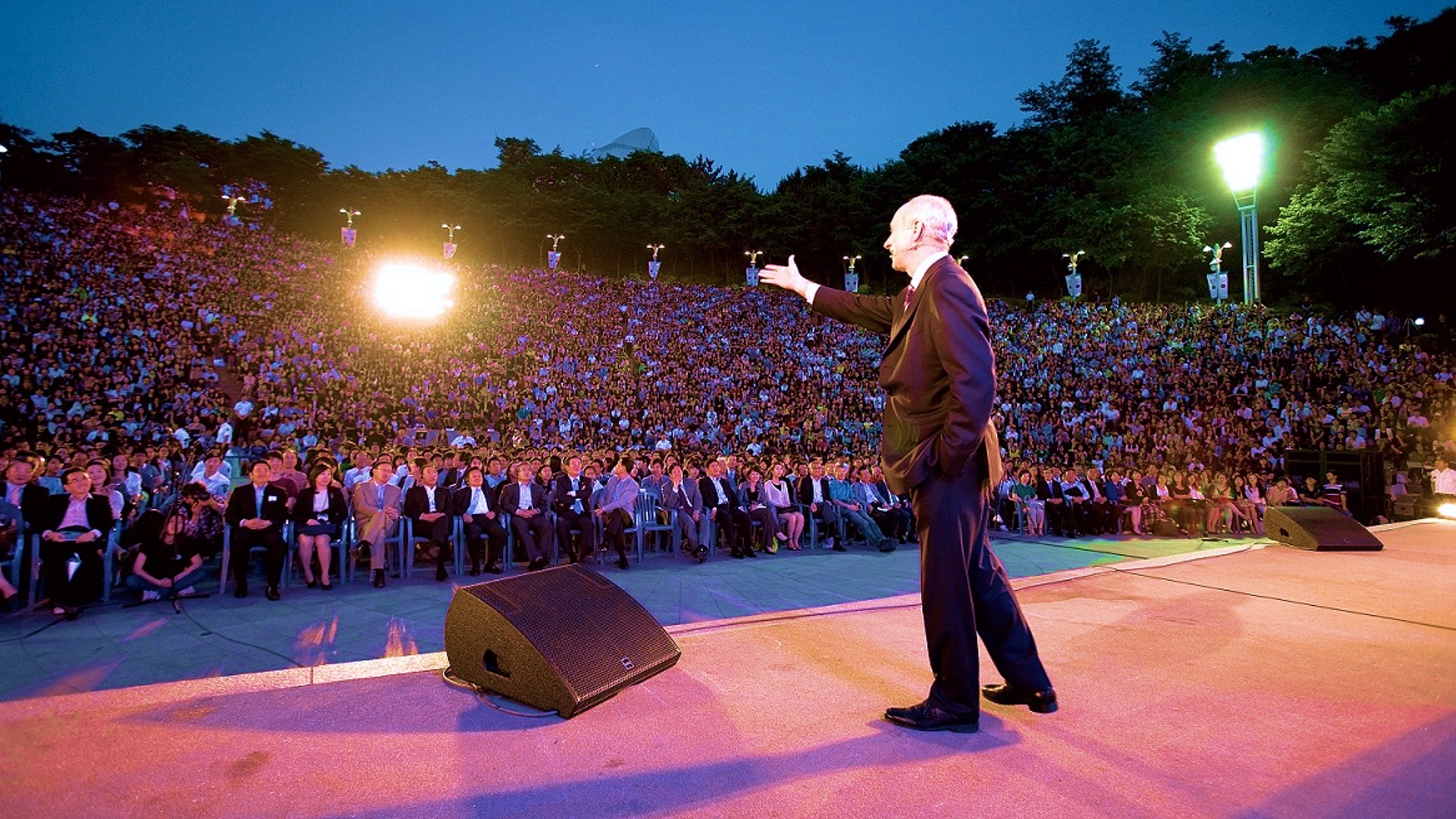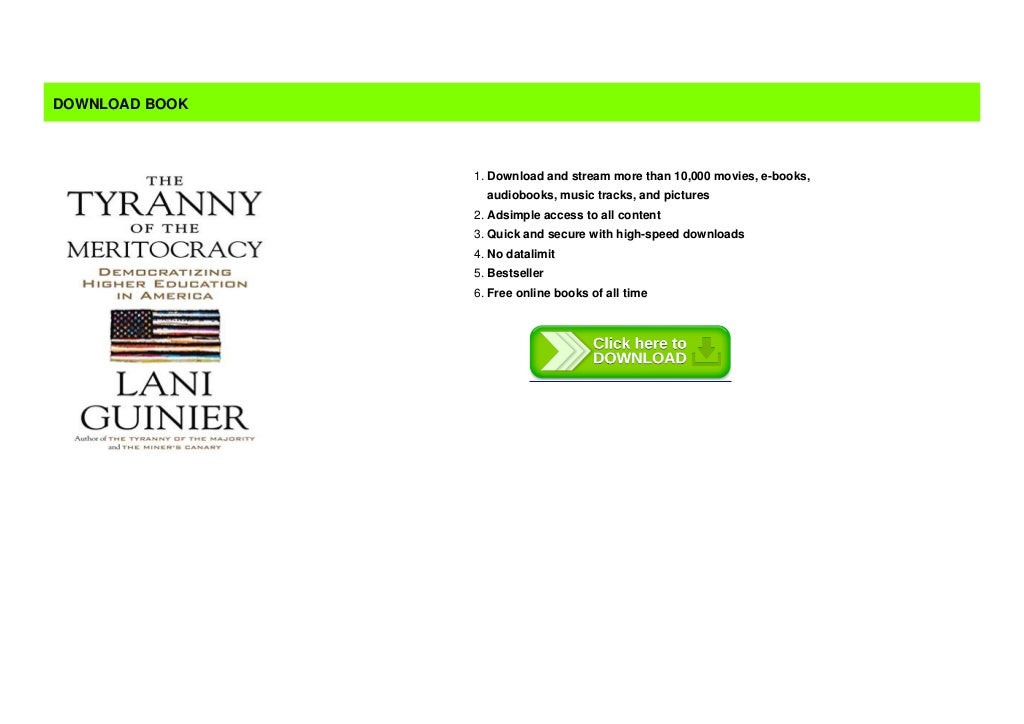
"If branded at school they are more vulnerable for later unemployment. "I expected that the poor and the disadvantaged would be done down, and in fact they have been," he wrote.


Some 40 years later, Young wrote in The Guardian that he had clearly intended "meritocracy" to be a satire. Monarchies may not have as much power today, but the system is largely the same-except now, there's an illusion that yes, you can get ahead, and that those at the top have earned their place by hard work instead of birthright.* But at least everyone knew that bloodlines were bullshit, and that workers could never really pull ahead. Yes, it's a threat to the previously existing establishment of hereditary power. It's a strange shift on the perspective of "meritocracy" as we've been raised to understand it. By contrast, in this new system of meritocracy, individuals who reached the top positions would feel superior to those who fell short, while those at the bottom would inevitably be classified as failures. And in important ways, it was worse: In the past, at least, those born into a high rank could not reasonably convince themselves that they had earned their position in the social hierarchy likewise, people in the lower classes would be aware that they were not inferior in ability to many of those who ranked above them.

He imagined a society in which the old class system of Britain had been swept aside instead of inherited wealth or family connections, it was exceptional ability that propelled individuals into the elite. This new system, designed to reward the most talented, was just as rigidly hierarchical as the old one, in Young's depiction.


 0 kommentar(er)
0 kommentar(er)
